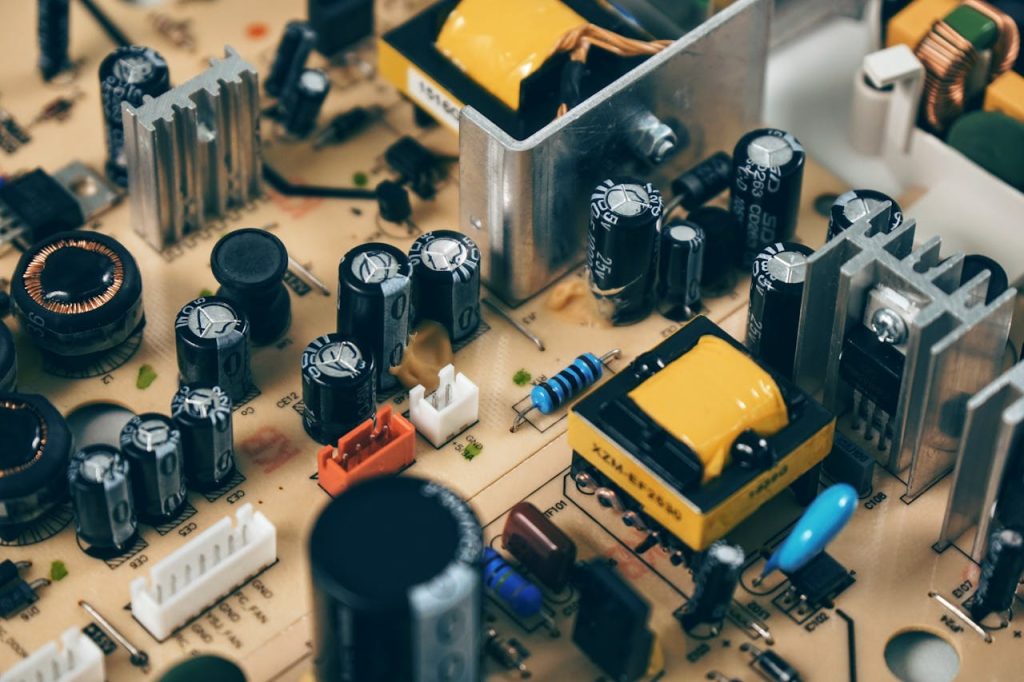The Internet of Things (IoT) has emerged as a transformative force, revolutionizing the way we interact with the digital world and our physical environment. With the proliferation of connected devices, the IoT has opened up endless possibilities for automation, data-driven insights, and enhanced convenience. In this article, we will explore the concept of the Internet of Things, delve into its applications across various industries, and discuss the potential impact of this interconnected ecosystem on our daily lives.
Understanding the Internet of Things (IoT)
The Internet of Things refers to the network of interconnected devices embedded with sensors, software, and connectivity capabilities that enable them to collect and exchange data. These devices, ranging from smartphones and wearables to household appliances and industrial equipment, communicate with each other and with centralized systems through the internet, forming a vast network of connected entities.
Key Components of the IoT
The IoT comprises several key components that work together to create a seamless ecosystem:
Sensors and Actuators: Devices are equipped with sensors to gather data from the environment, such as temperature, humidity, motion, or light. Actuators allow devices to take actions based on the received data, enabling control and automation.
Connectivity: Devices utilize various communication technologies, such as Wi-Fi, Bluetooth, cellular networks, or low-power wide-area networks (LPWAN), to transmit data to other devices or centralized systems.
Data Processing and Analytics: Collected data is processed, analyzed, and transformed into actionable insights using cloud computing and advanced analytics techniques. This enables real-time decision-making and optimization.
Applications and Services: IoT applications and services leverage the data and insights generated by connected devices to deliver enhanced experiences, improve efficiency, and enable new business models across industries.
Applications of the Internet of Things
The IoT has found applications in numerous sectors, transforming industries and empowering individuals in various ways:
Smart Homes: IoT-enabled smart home devices, such as thermostats, lighting systems, security cameras, and voice assistants, provide enhanced comfort, convenience, and energy efficiency. Users can control and monitor these devices remotely through mobile apps or voice commands.
Healthcare: In the healthcare industry, IoT devices like wearable fitness trackers, remote patient monitoring systems, and smart medical devices facilitate proactive health management, remote diagnostics, and personalized care.
Transportation and Logistics: IoT plays a vital role in optimizing transportation and logistics operations. Connected vehicles, asset tracking systems, and smart traffic management solutions enhance safety, efficiency, and real-time monitoring of goods in transit.
Manufacturing and Industrial Automation: Industrial IoT (IIoT) enables advanced automation, predictive maintenance, and optimization of manufacturing processes. Connected sensors and analytics platforms enhance operational efficiency, reduce downtime, and enable intelligent decision-making.
Smart Cities: IoT applications contribute to the development of smart cities by integrating various systems, including transportation, energy, waste management, and public safety. Connected infrastructure enables better resource management, sustainability, and improved quality of life for residents.
Potential Impact and Considerations
The Internet of Things holds the potential to reshape industries and our daily lives. However, it also raises important considerations, including:
Data Security and Privacy: With the proliferation of connected devices and the exchange of sensitive data, ensuring robust security measures and protecting user privacy are critical.
Interoperability and Standards: As the IoT ecosystem expands, establishing interoperability and common standards becomes crucial to enable seamless connectivity and integration across different devices and platforms.
Ethical and Social Implications: The growing presence of IoT devices raises questions around data ownership, ethical use of data, and potential societal impact. Addressing these concerns requires ongoing dialogue and responsible deployment of IoT technologies.
Conclusion: Embracing the Connected Future
The Internet of Things has ushered in a new era of connectivity and possibilities. With its wide-ranging applications and potential impact, the IoT promises to transform industries, enhance efficiency, and improve the quality of life for individuals worldwide. As we navigate the opportunities and challenges presented by this interconnected ecosystem, responsible adoption, collaboration, and innovation will be key to realizing the full potential of the Internet of Things and shaping a connected future.

